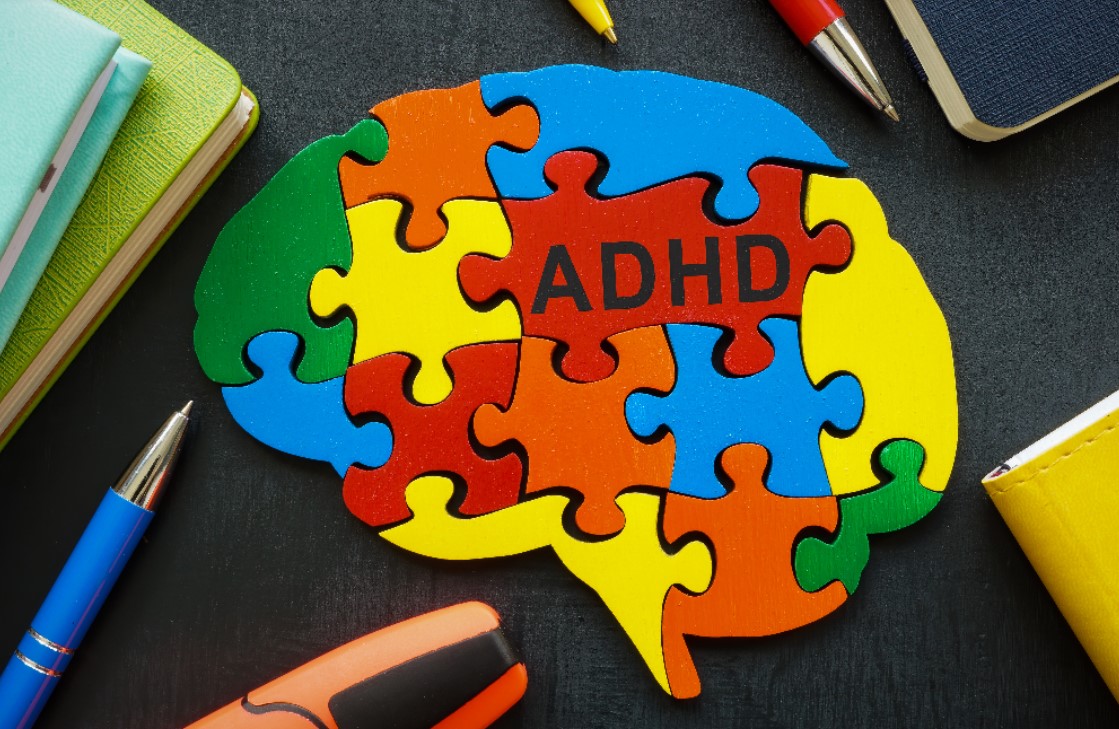
ADHD is a widely reported condition which, in all likelihood, has millions of sufferers across the world. Unfortunately, however, it is also a condition that very often goes undiagnosed.
Not only that, but we are pretty unsure about what actually causes ADHD in the first place. Although it is broadly agreed to be a combination of genetic and environmental factors, the precise mechanism by which it effects the body and causes the tell-tale symptoms is, so far, unknown.
All this only adds to the confusion surrounding ADHD. And the confused includes people who are suffering from the condition right now but have gone undiagnosed. Getting diagnosed with ADHD is your first step towards doing something about it, and the earlier it is diagnosed, the better.
This is because coping with ADHD is partly about medication, but much more about learning how to live with the condition, and how to manage everyday tasks which are more difficult for ADHD sufferers. This can be a work of many months, or even years, so ADHD diagnosed in childhood is always the optimal solution.
If you feel like you could have ADHD and are wondering about how to get diagnosed, you are not alone. The thing to remember is that ADHD is diagnosed differently depending on your age group. If you have made it to adulthood without being diagnosed, it could be more difficult to have the condition diagnosed now.
Age Group Differences
Diagnosis of ADHD is different across the different age groups. In children, who have the maximum of care and the least responsibilities, it takes an adult to notice the signs of ADHD – which can usually manifest more visibly in children – and get a diagnosis.
For teenagers, ADHD can often first be noticed when the teenager struggles with school work or the other limited responsibilities which people typically have at this age. It is very important for ADHD to be diagnosed at this point as this is when a person typically completes the education that will set them up for life.
ADHD is more difficult to diagnose in adults simply because by this point most have got used to the condition. Moreover, they might not even be aware that they have the condition. Education about the symptoms is the most important thing to facilitate adult ADHD diagnosis.
How to Get Diagnosed
Assuming you are an adult, the way to get diagnosed is to look out for the inattentive and hyperactive symptoms and how they manifest in you. The reason one of the best tools for ADHD is a luxury notebook type daily journal planner is that focusing on tasks and seeing them through is particularly difficult for those with ADHD. Next Level Daily, a company specializing in said products, note that it can be difficult to identify this in adults as they may have become used to doing tasks in a certain way over time.
The other symptoms to look out for are the hyperactivity problems, but these can be more muted in adults. Nevertheless, if you often fidget, squirm in your seat, talk erratically and feverishly, or anything like that, then you could have ADHD.
The route to diagnosis then becomes learning to identify enough of these symptoms and to present them to a doctor. ADHD is not technically a disease – because we don’t know what causes it and it’s unlikely to be one thing – and so symptoms are really all doctors have to work with when diagnosing a patient with ADHD.
In the end, you should consider “better late than never” an important maxim. ADHD could be compromising your life without you even knowing it.
